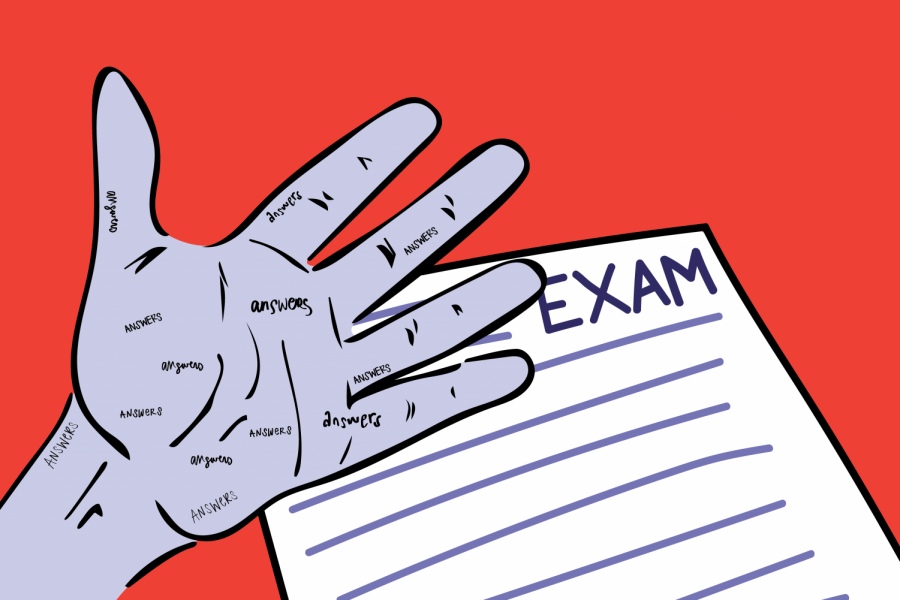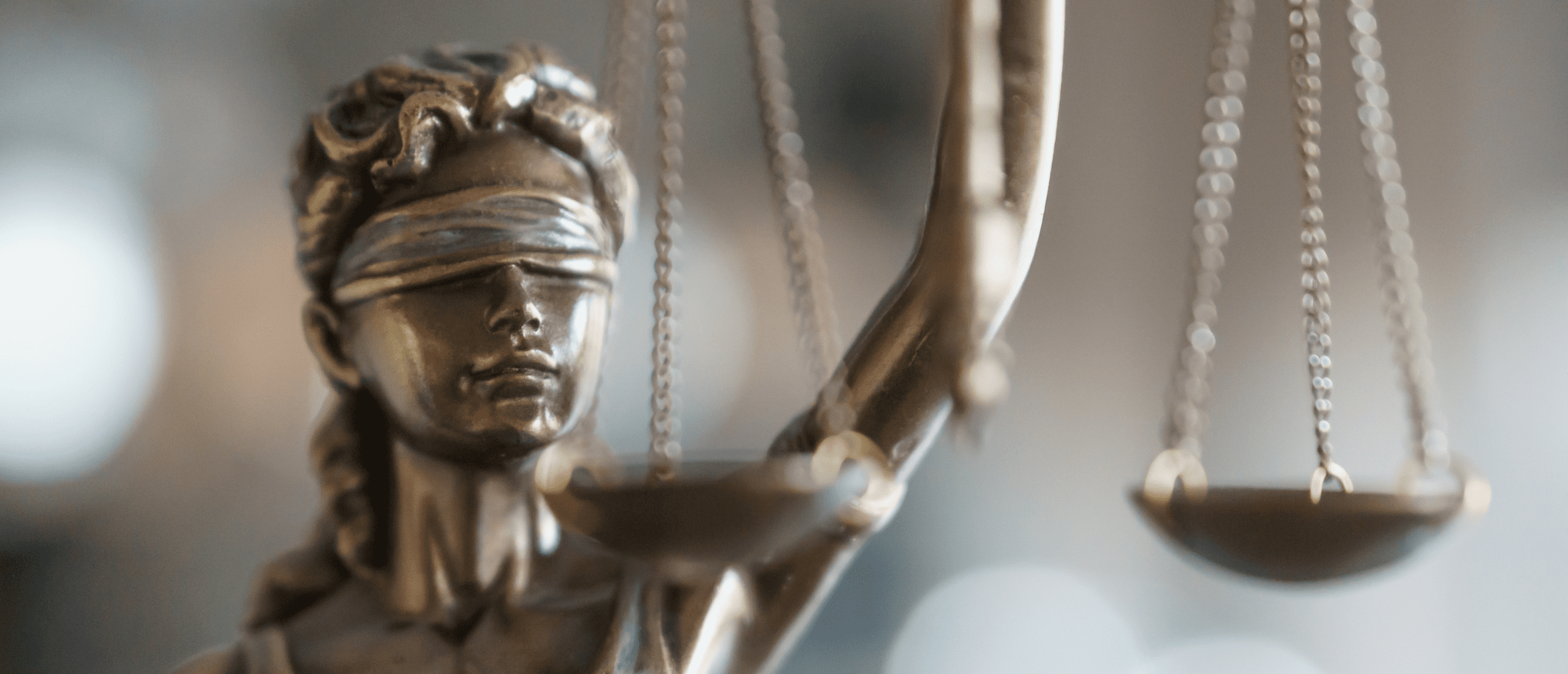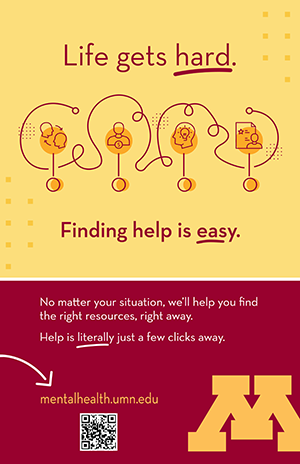Pragmatic Stuff
- Meeting times: MWF 10:15 - 11:30 Alderman 405.
- Prof: Yaniv Brandvain. ybrandva@umn.edu.
- Brandvain Drop in / help / chat time: 11:30-1:00 Monday Biosci 446.
- Other office hours (including zoom) by appointment.
- TA Abigail Meyer. meye2099@umn.edu
- Meyer: 12:00 - 1:00 on Friday. Ecology 311.
Overall teaching philosophy:
Teaching & learning is a collaboration. So, in addition to engaging with the material, scholars should engage with how they are learning / how I am teaching and how this can be improved. Feedback regarding teaching effectiveness / workload etc.. is highly encouraged. I hope to work together with you to make this a fantastic course! Please email me if anything is affecting your ability to complete the work.
Class Schedule and Class Prep
Schedule: We will roughly follow the rough schedule outlined here. This document is subject to change if we believe changes will help you all get the most out of this class (e.g. we may go slower, add or remove topics, include extra review and/or hands on projects as the term progresses if this will maximize learning). We will likely cover all material laid out until thanksgiving, however the final quarter of this class is more flexible.
- We meet three times per week, with light homework due for each class.
- This homework is meant to provide a strong footing in the material we will cover that day.
- In class we will go over the homework, have live coding demos, discuss concepts and work on class assignments in groups.
Course Policies
Policies specific to this course.
I generally follow University policies (see below), however, some aspects of these policies are left up to the instructor, and/or need elaboration/tweaking/customization for this course, while some important issues are not raised in the university policies. I go over these here.
Grades.
Your grade is made up of a large number of small things. The best way to succeed in this course is to consistently show up and turn in all assignments on time. Students who do those things nearly always get an A- or better and almost never get less than a B. Specifically, your grade is made up of the following components (This is an approximate breakdown. I will just add up all points.) No late work accepted*.
Approximately 25% Homework: Do your homework before class. This goes over the reading and concepts. Usually they replicate the learnr quiz in the chapter - so you should be able to make sure you get 100%! Due each M/W/F at 10:00 am.
Approximately 30% Classwork & Quizzes: SHOW UP EVERYDAY THAT YOU CAN. There are no points for attendance each class - but there is classwork that is worth points. Most classes will include a small (group) quiz and / or in class work. These should be easy points – don’t freak out.
Approximately 35% Major Assignments: There are roughly four major assignments. These independent data explorations are your opportunity to showcase your knowledge / learning / progress. You are encouraged to help each other but your work must reflect your understanding.
Approximately 5% Exams: There are about four low-stakes take-home open-book examinations.
Approximately 10% project: There is one final data analysis project due at the end of term. This includes the presentation of a poster during our “final” time, a draft manuscript and a polished manuscript.
| min% | 93 | 90 | 87 | 83 | 80 | 77 | 73 | 70 | 67 | 63 | 60 |
|---|---|---|---|---|---|---|---|---|---|---|---|
| grade | A | A- | B+ | B | B- | C+ | C | C- | D+ | D | D- |
NOTE Lowest 3 homeworks, 3 classworks, & 3 quizzes dropped. So you can miss approximately one week of the course without excuse or penalty.
Policy on Letters of Recommendation.
We could potentially serve as letter writers for e.g. grad school, med school, law school, internships, jobs, etc. However, doing so requires that we know more about you than your grade. If you hope to receive a strong recommendation, we encourage showing additional interest and engagement in data analysis and statistical issues outside of the standard assignments. I will notify you at the end of term if I believe I can write you a strong letter. Otherwise, I can only write a short letter. Student X got a score of Y in this course. Even if your score is 100% this does not provide information above and beyond your grade and will not help your admissions case.
Notification on Final Grades.
To ensure there has been no mistake in calculation, students will be informed of their final grade before they are submitted.
Using AI, ChatGPT, and other LLMs.
Large Language Models such as ChatGPT are likely going to revolutionize how we practice data analysis and coding. The University has no specific policies on the use of LLMs but offers some guidance (here and here).
My thoughts are based on these four guiding principles:
- First these tools are here to stay and you should be able to use them to improve your work.
- Second, you are still responsible for knowing the material.
- Third, (at the moment at least) while these tools are often very helpful, they are not fully reliable.
- Fourth, no one will hire you to copy and paste ChatGPT output.
Coding with LLMs: As such, in our first few weeks of using R I encourage you to avoid using AI and figure things out yourself or by googling and/or working together. But as the term progresses feel free to use AI to help you with your coding.
Homework with LLMs: The homework in this class is not worth a ton of points, and is mainly there to help you complete the readings and make sure you understand the concepts. So feel free to use these tools for homework to the extent that they help you, but I would advise against it.
Using LMMs for major projects: LLMs can help with writing, data analysis and organizing thoughts etc so use it as you like. But (1) Know it is not fully reliable so if you use it do check it for bullshit (2) Know it is not fully creative, so I suggest thinking for yourself too (3) Know that you will be held accountable for knowing the material and justifying your analyses and approaches etc, so you should understand what was done and why it was done.
Make up work
The Univesity Policy on make up work is largely up to the instructor, with a few guiding principles. In my experience make up work almost never ends well. I therefore allow for three “no questions asked” missed work from our daily routines (homework, quizzes, and classwork) such that a week can be missed without penalty. Otherwise such work cannot be made up, as falling behind on this work puts you far back in the class.
Use of Personal Electronic Devices in the Classroom
Using personal electronic devices in the classroom setting can hinder instruction and learning, not only for the student using the device but also for other students in the class. To this end, the University establishes the right of each instructor to determine if and how personal electronic devices are allowed to be used in the classroom. For complete information, please review the Administrative Policy.
The link says: “Instructors determine if personal electronic devices (such as cell phones and laptops) are allowed in the classroom. Students may be directed to turn off personal electronic devices if the devices are not being used for class purposes. Students are not permitted to record any part of a class/lab/other session unless explicitly granted permission by the instructor. If the student does not comply, the student may be asked to leave the classroom.”
I say - no phone use in class. Only use your computers when it’s computer time.
University Policies
Expected Times Investment
Student workload expectations per credit: For fall or spring semester, one credit represents an average of three hours of academic work per week (including lectures, laboratories, recitations, discussion groups, field work, study, and so on) in order to complete the work of the course to achieve an average grade. So, expect a weekly 12 hour commitment for this four credit hour class (a bit less than four hours in class and eight hours of homework.
Student Conduct Code.
The University seeks an environment that promotes academic achievement and integrity, that is protective of free inquiry, and that serves the educational mission of the University. To support this environment, the University seeks a community that is free from violence, threats, and intimidation; that is respectful of the rights, opportunities, and welfare of students, faculty, staff, and guests of the University; and that does not threaten the physical or mental health or safety of members of the University community.
As a student at the University, you are expected to adhere to Board of Regents Policy: Student Conduct Code. Note that the conduct code specifically addresses disruptive classroom conduct, which means “engaging in behavior that substantially or repeatedly interrupts either the instructor’s ability to teach and/or a student’s ability to learn.” The classroom extends to any setting where a student is engaged in work toward academic credit or satisfaction of program-based requirements or related activities.
Scholastic Dishonesty.

As students in a university community, you are expected to do your own academic work, and to cite sources of knowledge that you draw on in completing your assignments and other academic work. Failing to do so is scholastic dishonesty, which includes: plagiarism; cheating on assignments or examinations, including the unauthorized use of online learning support and testing platforms; engaging in unauthorized collaboration on academic work, including the posting of student-generated coursework on online learning support and testing platforms not approved for the specific course in question; taking, acquiring, or using course materials without faculty permission, including the posting of faculty-provided course materials on online learning support and testing platforms; submitting false or incomplete records of academic achievement; acting alone or in cooperation with another to falsify records or to obtain dishonestly grades, honors, awards, or professional endorsement; altering, forging, misrepresenting, or misusing a University academic record; or fabricating or falsifying data, research procedures, or data analysis. When it is determined that a student has cheated, the student may be given an “F” or an “N” for the course, and may face additional sanctions from the University. For additional information, please see: Teaching and Learning: Instructor and Unit Responsibilities This is a fascinating and important document – I recommend you read it - it tells you what I owe you.
Additional resources pertaining to academic integrity can be found through the Office for Community Standards and the Center for Educational Innovation.
Beware of websites that advertise themselves as being “tutoring websites.” It is not permissible to upload any instructor materials to these sites without their permission or copy material for your own homework assignments from these various sites. When you have additional questions and concerns, please speak with or email your instructor to clarify practices expected for the course. Your instructor can respond to your specific questions regarding what would constitute scholastic dishonesty in the context of a particular class, for example, when and whether collaboration on assignments is permitted, when citing sources is required and what citation method to use, or when and which electronic aids are permitted or prohibited during an exam.
Sexual harassment/stalking/relationship violence.
The University prohibits sexual misconduct, and encourages anyone experiencing sexual misconduct to access resources for personal support and reporting. If you want to speak confidentially with someone about an experience of sexual misconduct, please contact a confidential resource on your campus. If you want to report sexual misconduct, or have questions about the University’s policies and procedures related to sexual misconduct, please contact your campus Title IX office or relevant policy contacts.
Instructors are required to share information they learn about possible sexual misconduct with the campus Title IX office that addresses these concerns. This allows a Title IX staff member to reach out to those who have experienced sexual misconduct to provide information about personal support resources and options for investigation. You may talk to instructors about concerns related to sexual misconduct, and they will provide support and keep the information you share private to the extent possible given their University role.
For more information, please see Administrative Policy: Sexual harassment/stalking/relationship violence.
Equity/Diversity/Equal/Opportunity/Affirmative Action.

The University provides equal access to and opportunity in its programs and facilities, without regard to race, color, creed, religion, national origin, gender, age, marital status, familial status, disability, public assistance status, membership or activity in a local commission created for the purpose of dealing with discrimination, veteran status, sexual orientation, gender identity, or gender expression. For more information, please consult Board of Regents Policy.
Mental Health & Stress Management.

As a student you may experience a range of issues that can cause barriers to learning, such as strained relationships, increased anxiety, alcohol/drug problems, feeling down, difficulty concentrating and/or lack of motivation. These mental health concerns or stressful events may lead to diminished academic performance and may reduce your ability to participate in daily activities. University services are available to assist you. You can learn more about the broad range of confidential mental health services available on campus via the UMN mental health resources. As an instructor/University community member, we care about the wellbeing of students. If health, safety, or mental health concerns are conveyed, we may consult with campus support offices to provide support and resources to a student.
Academic Freedom & Responsibility
Academic freedom is a cornerstone of the University. Within the scope and content of the course as defined by the instructor, it includes the freedom to discuss relevant matters in the classroom. Along with this freedom comes responsibility. Students are encouraged to develop the capacity for critical judgment and to engage in a sustained and independent search for truth. Students are free to take reasoned exception to the views offered in any course of study and to reserve judgment about matters of opinion, but they are responsible for learning the content of any course of study for which they are enrolled.\(^*\)
Reports of concerns about academic freedom are taken seriously, and there are individuals and offices available for help. Contact the instructor (Yaniv Brandvain - ybrandva@umn.edu), the Department Chair (John Ward - jward@umn.edu), your adviser, the associate dean of the college (Laurie Parker - llparker@umn.edu), or the Vice Provost for Faculty and Academic Affairs in the Office of the Provost (Beth Lewis - blewis@umn.edu).
\(^*\) Language adapted from the American Association of University Professors “Joint Statement on Rights and Freedoms of Students.”
Disability Accommodations:
My goal is to create a learning environment that is accessible and inclusive for all students. If you anticipate any barriers related to the design of the course (such as the format, materials, or structure), please contact me outside of class so we can explore potential options. If you have a disability and want to explore formal accommodations and/or further resources, please contact our campus Disability Resource Center (DRC). If you have already consulted with our DRC, please share your letter with me as soon as you can to discuss how your accommodations will be implemented in this course.